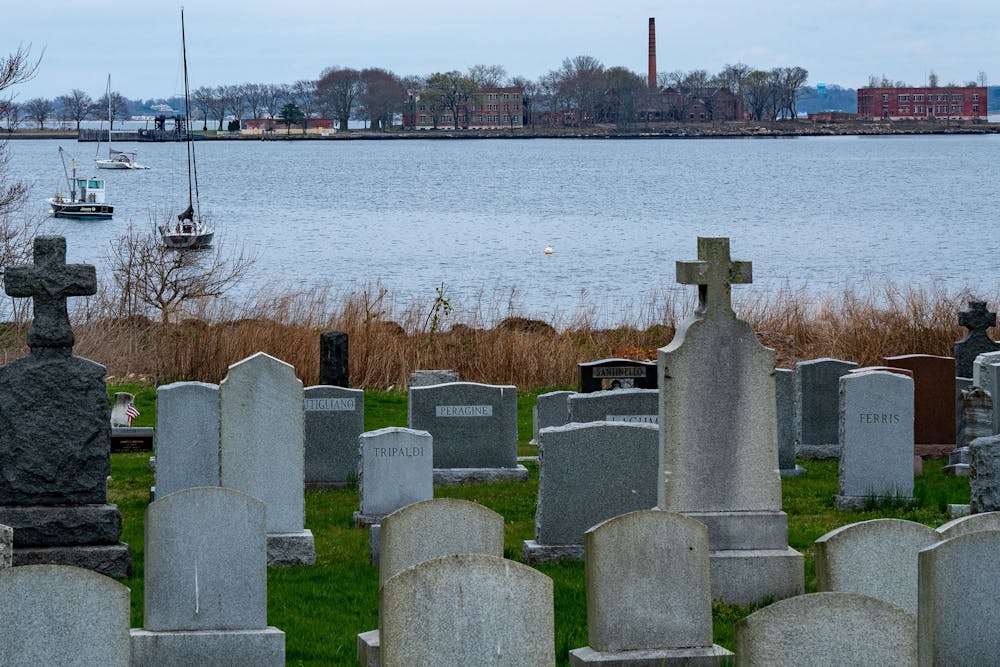Last March, I laid in bed for 20 days, too feverish to do schoolwork and too short of breath to stand up straight. Testing for the COVID-19 virus was not yet available to patients, like myself, who fell outside of standardized “high-risk” demographics. Two months later, and less than a week after Bloomington opened its first dedicated COVID-19 testing site, IU announced its plan to re-open campus for the fall 2020 semester with a mix of in-person, hybrid and online classes.
IU’s decision to host in-person classes imposes a disproportionate share of the responsibility to prevent the spread of COVID-19 onto the shoulders of students, staff and faculty, while absolving the university of liability for the spread of the virus. IU, which is filled with financial and scientific resources, should be creating situations that do not elevate the spread of COVID-19. By reopening campus, however, it has placed tens of thousands of students, faculty, staff and Bloomington residents in harm’s way.
Reopening the university holds the latent promise that things will get better, yet COVID-19 cases in Indiana and in Monroe County in particular, continue to grow. Less than a month after the announcement came that some classes would resume in person, Monroe County saw a spike in cases. This month, IU reported roughly 1% of student COVID-19 test results are positive for the virus. Instead of transitioning to 100% online classes, which would be the only guarantee that campus will not become a hub for COVID-19, IU has threatened to punish students who do not assume the responsibility for slowing the spread of the virus.
Even the university’s on-campus student housing contracts demonstrate that it is simultaneously positioning itself as a hub for the virus while refusing to take responsibility, legal or otherwise, for its spread. Contracts for on-campus student housing require students to absolve the university of any liability for their exposure to COVID-19 in dorms or on-campus apartments, despite the fact that close living quarters increase the risk that the virus will transfer between people.
IU is able to absolve itself of responsibility for the spread of COVID-19 at a larger scale precisely because the university’s primary clients— students 18 to 24 years old— are statistically less likely to die of COVID-19. The spread of COVID-19 in Italy taught us perhaps the most important lesson about the virus: it can travel like a clandestine passenger among people in their youth, then attack the immunocompromised, the elderly, doctors and those held hostage by under-paid, essential jobs. The virus does not usually kill youth, but that solace will be lost on Bloomington’s most vulnerable people.
Where socioeconomic inequities exist, COVID-19 only worsens them. The pandemic we are living through is just one of many forces, such as police violence, that exposes people of color to premature death. Across the United States, the virus continues to disproportionately infect and kill people of color, with some states reporting death rates of Black people that are two to three times greater than that of white Americans. The university’s decision to open is blind to the ways the pandemic ravages Black and brown communities at disproportionate rates.
As bodies were transported out of multi-family homes in Italy and the first COVID-19 mass grave in the U.S. was dug on Hart Island in New York City, many of us made a vow to ourselves and each other to take the virus seriously. Our individual commitments, among students or Bloomington residents more broadly, are important but not sufficient. The pandemic requires bold, systematic actions that are willing to depart from business as usual in order to value all life. The university is reopening for classes now, but at whose cost?
Bradi Heaberlin (they/them) is a second-year PhD student studying geography and informatics. They are also a member of Young Democratic Socialists of America Bloomington.






